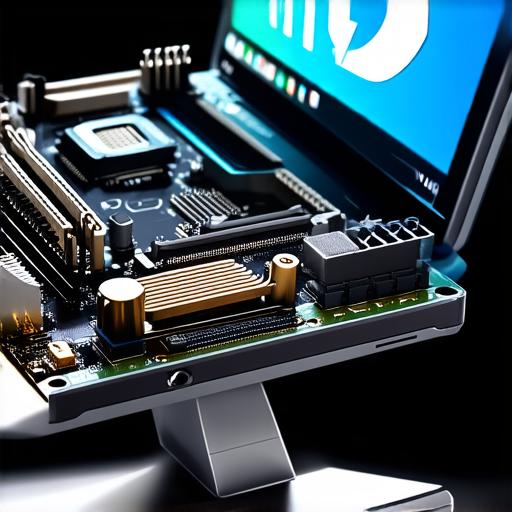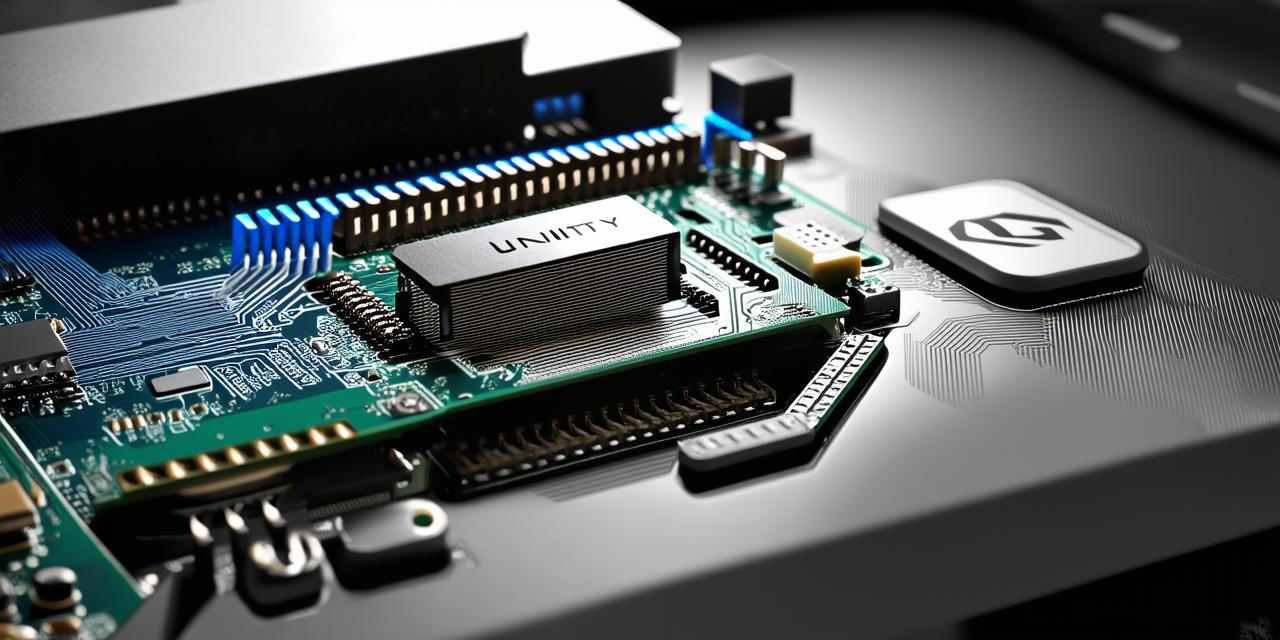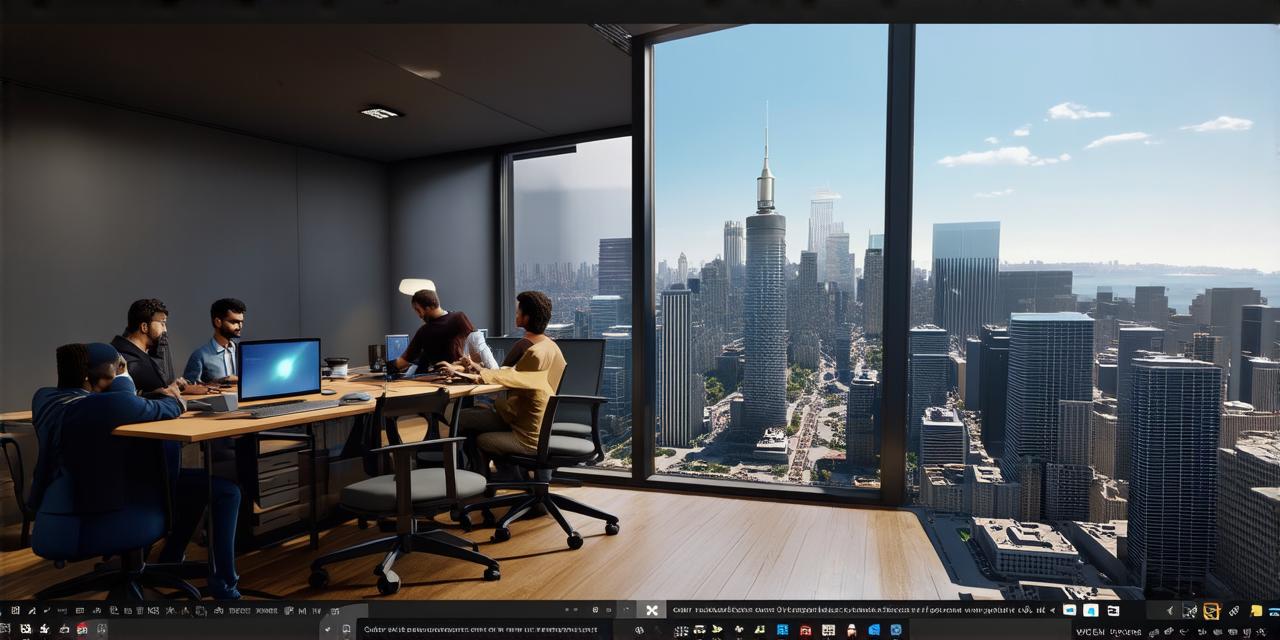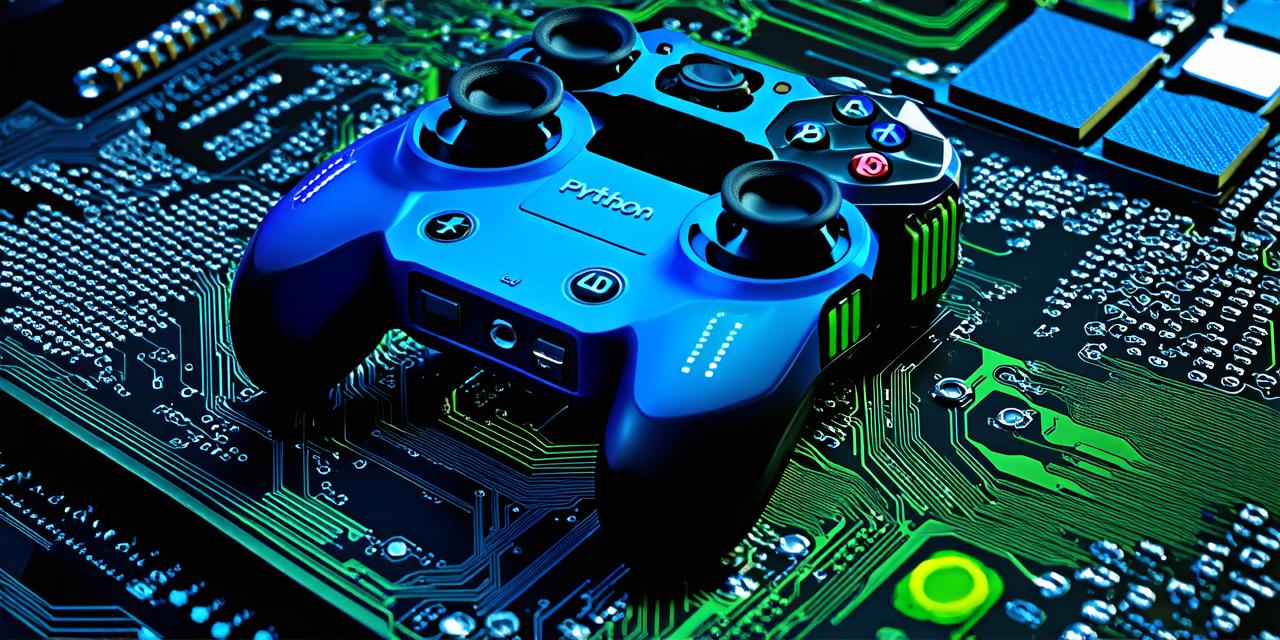Unity is a popular game development engine that allows developers to create games for various platforms. The amount of RAM required for Unity depends on several factors such as the complexity of the game, the hardware specifications of the computer, and the number of assets in the project. In this article, we will provide you with an overview of how much RAM is needed for Unity.
System Requirements
Unity has a minimum system requirement of 4GB of RAM, but it is recommended to have at least 8GB of RAM for better performance. However, if you plan to use advanced graphics features such as real-time rendering or particle effects, you may need even more RAM. For example, if you plan to create a high-end game with complex graphics and physics engines, you may need 16GB or more of RAM.
Hardware Specifications
The amount of RAM required for Unity also depends on the hardware specifications of your computer. The more RAM your computer has, the better performance Unity will provide. For example, if you have a computer with 16GB of RAM, Unity will be able to handle more complex projects than a computer with only 4GB of RAM.
Number of Assets
Another factor that affects the amount of RAM required for Unity is the number of assets in your project. The more assets you have, the more RAM Unity will require. This includes textures, models, audio files, and other types of media. For example, if your project has a lot of high-resolution textures or complex 3D models, Unity may require more RAM to handle the load.
Summary
In conclusion, the amount of RAM required for Unity depends on several factors such as the complexity of the game, the hardware specifications of the computer, and the number of assets in the project. It is recommended to have at least 8GB of RAM for better performance, but if you plan to use advanced graphics features or create a high-end game, you may need even more RAM.





